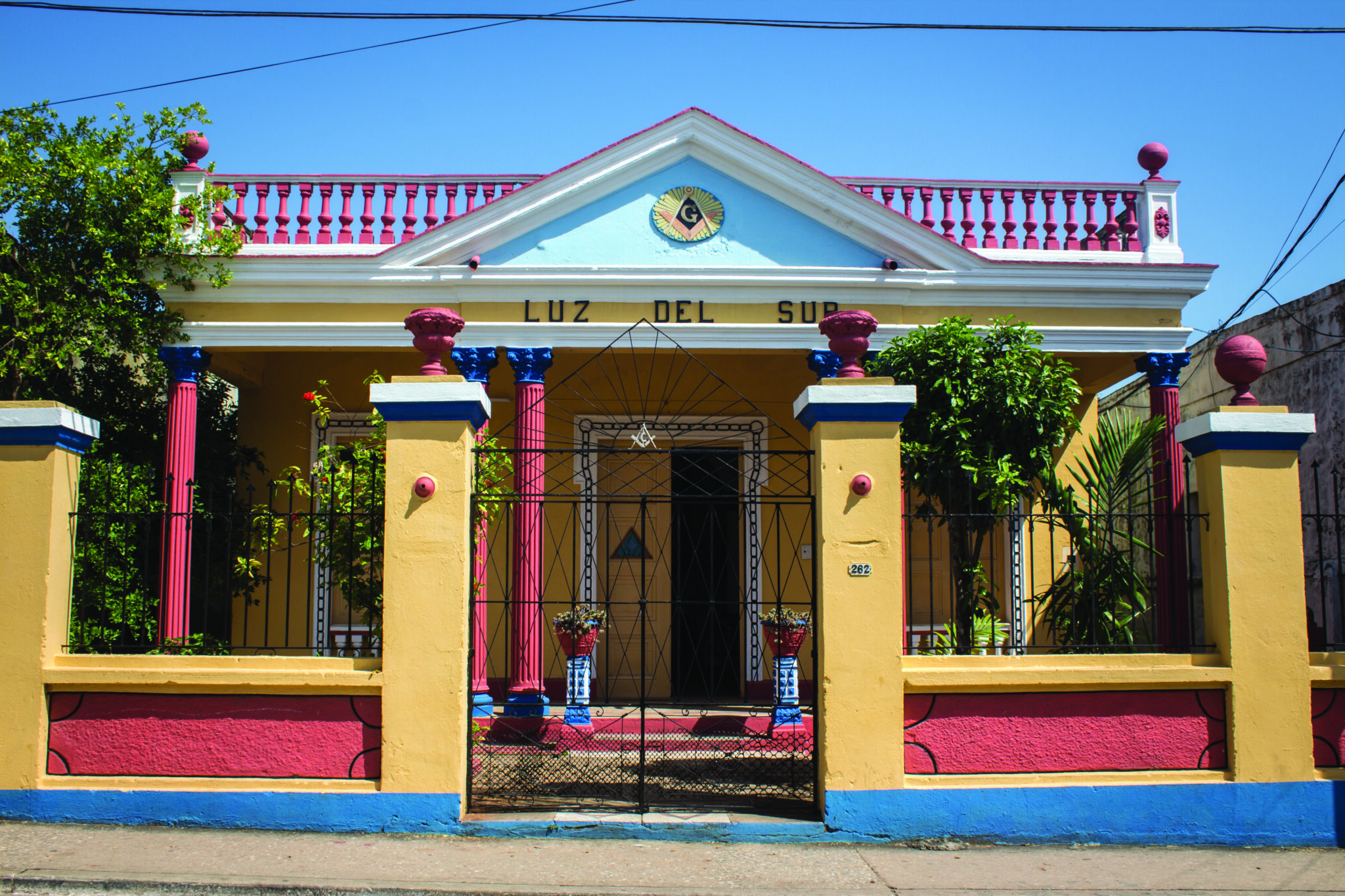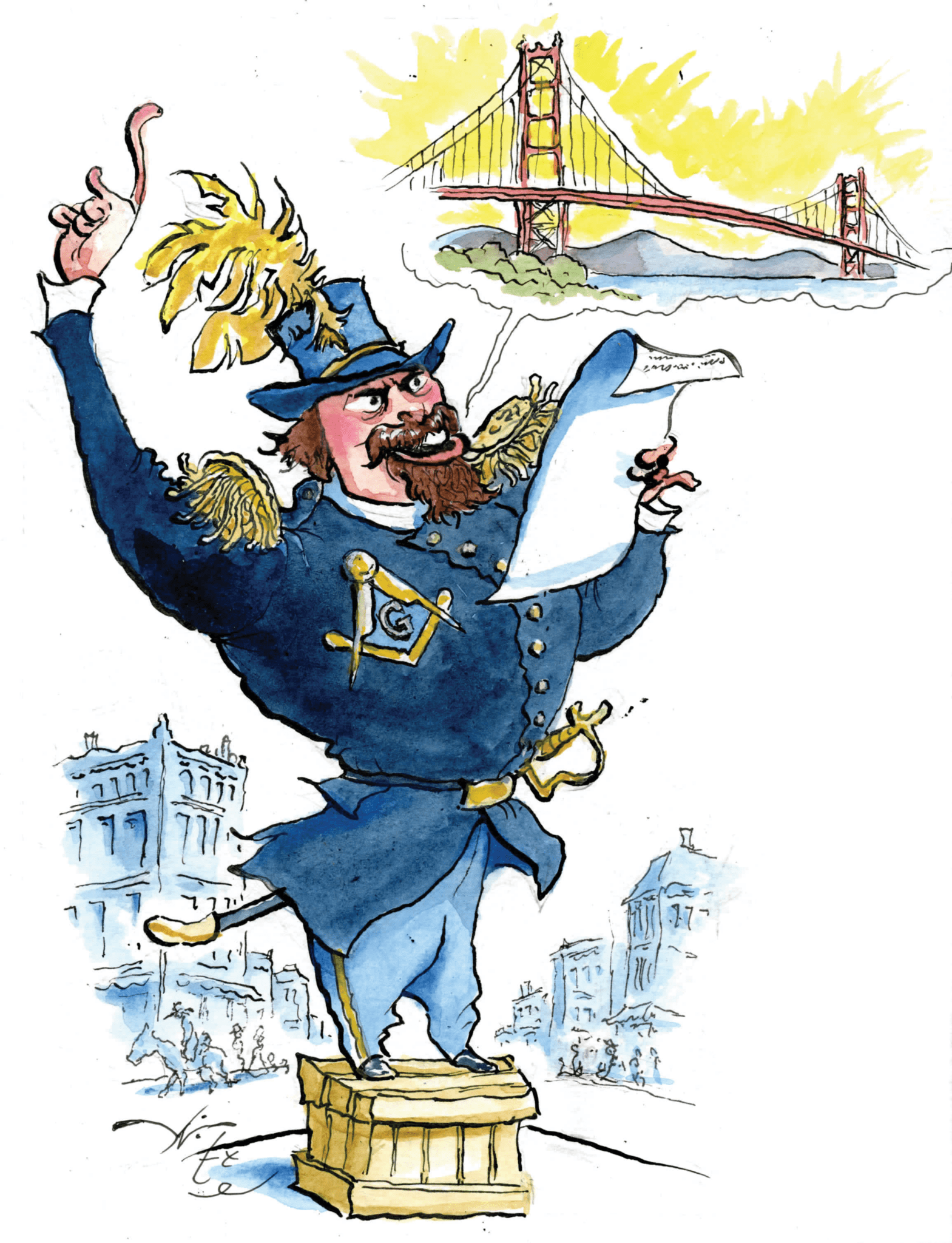
Hammer, Sickle, Square, Compass: Freemasonry in Cuba
A road trip through Cuba reveals a thriving—and colorful—Masonic community full of eye-catching Masonic lodges.
Like the rest of South America, Argentina’s history of Freemasonry can be traced back to the country’s independence movement in the mid-19th century. But in just the past decade, the country has seen a burst of Masonic activity: From only 2,200 members in 2008 to more than 10,000 today, representing 400 lodges that can be found in virtually every province. Here, Grand Master Pablo Lázaro explains the sudden growth spurt. (H/T La Nacion.)
In 2008, the Grand Lodge of Argentina lowered the minimum age of membership to 18. At the same time, it made a sustained push to improve its visibility on social media. Crucially, the fraternity also worked to provide younger members with opportunities for leadership. The result is that the average age of members today is almost half what it was a little more than a decade ago. “Today we have young men of 22, 23 years occupying [lodge officer] positions,” Lázaro told La Nacion. “That is to say they are entering from the age of 18 and 19.”
Argentinian Masonry places special emphasis on debate within the lodge. There, lodges tend to congregate around shared interests like political science, technology, or classical music. At lodge meetings, members present lectures delving into current events related to those topics. Masonic debating custom dictates that those in attendance may only speak in favor of the lecture; in the case of disagreement, a completely new paper must be prepared and presented in a subsequent meeting.
To counter longstanding prejudices and accusations of secrecy, Argentinian lodges have made an effort to open themselves to the public. While the ritual and ceremonies remain private, the organization is increasingly inviting outsiders in, including inside the elaborate Grand Lodge building in Buenos Aires. The temple now participates in a citywide “Night of the Museums” through its Museo Masónico Hermano José de San Martín.
Above:
Logia Masónica Hijos del Trabajo Nº 74 in Buenos Aires. Argentina has seen an explosion in the number of Freemasons over the past decade. Photo by Alamy.
Photograph:
Alamy

A road trip through Cuba reveals a thriving—and colorful—Masonic community full of eye-catching Masonic lodges.

150 years after he first proposed the San Francisco Bay Bridge, the legendary eccentric and Freemason Emperor Norton may finally get his due.

The Masonic Center for Youth and Families provides therapy, counseling, and emotional support for all ages, from teens to seniors.